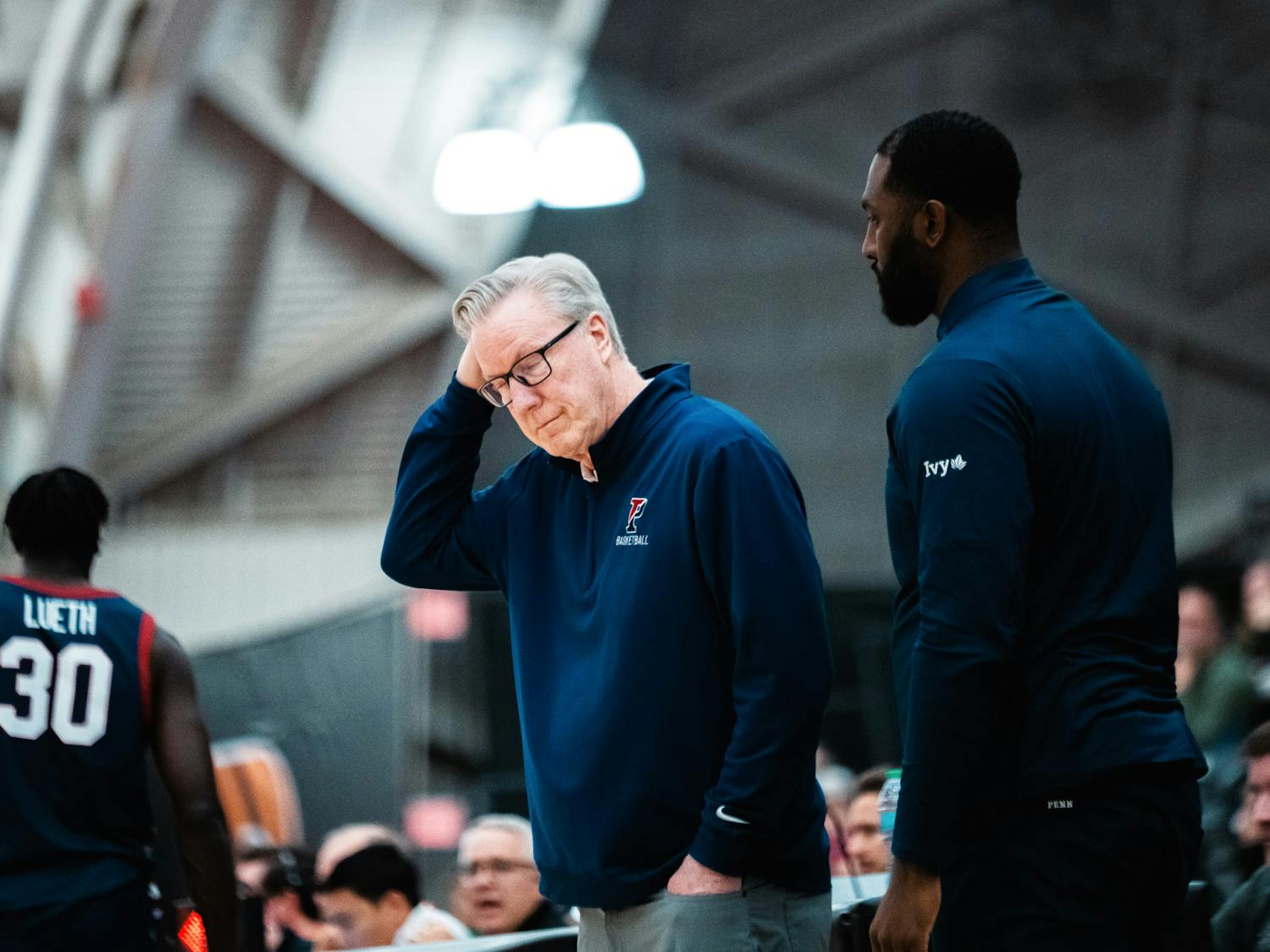College junior Jamie Brensilber had just arrived in Paris when she was met with a list of rules her 80-year-old host mother had prepared for her. In the mornings, she would only be able to shower between the hours of 8 a.m. and 10 a.m. She was not to touch the washing machine. She should not interrupt her host mother’s favorite TV show.
During dinner, her host mother would simply sit at the table and watch her eat. One day, Brensilber came home from class to find her underwear air-drying in the shower while her host mother had guests over.
Three weeks after Brensilber’s program started, she moved out.
Brensilber’s story is not unique. For many students studying abroad, difficulties adjusting to their homestays is a reality.
Penn Abroad Associate Director Rochelle Keesler said that approximately 30 of Penn Abroad-approved study abroad programs offer the option of living with a host family.
Though Keesler also noted that most programs use questionnaires to match prospective students with host families, she said in an email that there are cases where “an issue simply can’t be resolved through better communication,” and in those situations, students are typically placed with another host family.
For Brensilber, who is a student at the Columbia in Paris at Reid Hall program — a program co-sponsored by Penn — she found that she “got off on the wrong foot,” with her host mother.
She described the first few weeks of living there as very “uncomfortable.” Once they started on the wrong foot, Brensilber said, she found that she couldn’t find a way to get back on the “right foot.”
While Brensilber has been one of only a few people on her study abroad program to transfer homestays this semester, Acting Director of the Columbia in Paris program Lindsey Schram said that some issues with host families arise every year.
“We do our best to make sure everybody is happy and comfortable with the host family we pair them with, but the reality is sometimes it just doesn’t work,” Schram said. “One thing we will never do is leave a student somewhere they aren’t happy.”
Brensilber said that she started off by talking to Schram and other Columbia in Paris directors before it became clear that moving was the best option. Once she had decided she wanted to be placed with a new host family, however, Brensilber said that she “definitely” felt like she had to convince the program directors.
“I really had to say over and over again that this was what I wanted and that I didn’t feel like I could be happy staying there,” she said.
Though students like Brensilber are given the opportunity to move, Schram said that students are encouraged to try to work things out as much as possible with their host families.
“This isn’t an easy situation for anybody. Some awkwardness and uncomfortableness is inevitable,” Schram said. “We encourage our students to talk to their host families and talk to us if things come up.”
“Our one requirement for the program is that students have to try living with their host family for a little bit before we will allow them to move,” Schram added.
So far this semester, Schram said that there have been approximately two “problems” to the point where students had to switch host families and two “half problems” that were resolved through other means.
Keesler echoed Schram’s sentiments, saying that most issues with host families stem simply from a difference of culture. “For instance, in most cultures resources are much more limited, so something as little as leaving a light on in an unoccupied room may upset a host,” she said.
Generally, students dealing with issues in their homestays are advised to talk to their on-site staff, Keesler said.
While Schram did say that students are generally discouraged from moving, she said she has noticed that the Columbia in Paris program specifically has started moving students much earlier than they used to.
“We aren’t sitting on problems as long as we have in the past,” she said. “We’ve found that after a certain point, no amount of waiting or negotiating or talking is going to fix the problem.”
But while Brensilber’s issues with her homestay are by no means unique, Schram said she found that most students had overwhelmingly positive things to say about their experiences living with a host family.
“I think the important thing to remember is perspective,” Schram said. “Jamie had a problem and needed to move, but we have more than 50 other students on this program living with host families and the vast majority of them have been having really wonderful experiences.”
The trend of good homestay experiences is reflected in other programs as well.
College and Wharton junior Cora Neumann is studying in St. Petersburg, Russia this semester, and said the vast majority of students on her program have had positive experiences with their host families.
“A few issues have come up because few families speak any English and some of the students don’t speak that much Russian, but that’s getting better,” she said. Of her own family, Neumann raved about spending time with them during dinner and her host mother’s excellent cooking.
College and Wharton junior Tabong Kima agreed with Neumann, discussing how his program, in Aix-en-Provence, France, which emphasizes cultural immersion, really encourages students to work through issues or tensions with their host families.
Kima similarly had a positive experience with his host family, an older couple with grown children and a dog he described as “one of the cutest things on this earth.”
Schram has dealt with years of students moving through host families, and for her, it is an experience integral to the process of studying abroad.
“It’s one of the scariest things, I think, about studying abroad,” she said. “But time and time again, I find that it’s the thing students come back to and say that it was the best decision they made while here.”
For more Housing Guide stories, see thedp.com/page/housing









